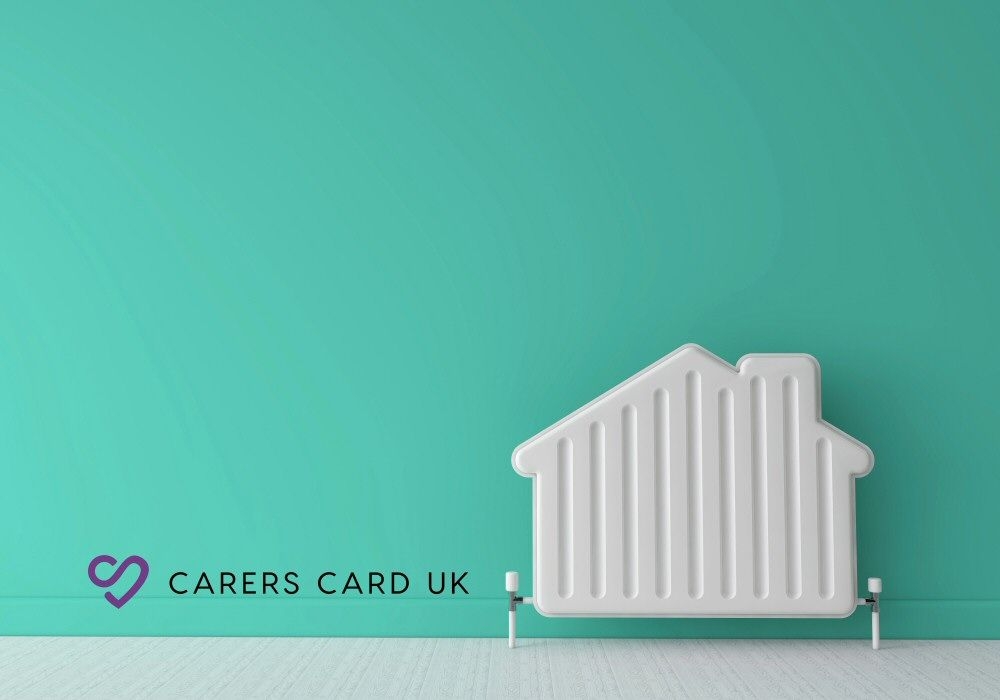1. Living Room
The living room is often the heart of the home and a key area for energy use. Start by assessing your lighting; switching to LED bulbs can reduce power consumption significantly. Consider installing a smart thermostat to better control heating, ensuring the room is only heated when occupied. Additionally, using draught excluders can prevent heat from escaping through door gaps.
Tip: Unplug devices when not in use, such as TVs and game consoles, to avoid 'vampire' energy drain.
2. Kitchen
Kitchens are high-energy areas due to the use of appliances. Make sure your refrigerator and freezer are set to the manufacturer's recommended settings and not colder. Use the microwave for small meals or reheating, as it uses less energy than an oven. When using the oven, try to cook multiple items at once to make the most of the heat.
Tip: When boiling water, only use as much as you need, and consider covering pots with a lid to reduce cooking time.
3. Bedroom
In bedrooms, focus on bedding and window treatments to save energy. Investing in thermal curtains can help keep the room warm in winter and cool in summer, reducing the need for heating and air conditioning. Also, switch to warmer bedding in winter to minimise heating overnight.
Tip: Ensure that furniture does not block radiators or vents to improve heat circulation.
4. Bathroom
Water heating is a major energy user in bathrooms. Installing a water-efficient showerhead can significantly reduce hot water use. Encourage shorter showers and lower the water temperature to conserve energy. If you're using an electric towel rail, turn it on only when necessary or use a timer to control its use.
Tip: Fix any leaking taps or showers promptly to prevent wasteful water heating.
5. Laundry Room
Optimise your laundry habits to save energy. Washing clothes on a cold wash cycle whenever possible can greatly reduce energy consumption, as most of the energy used by washing machines goes to heating water. Always run full loads and use a drying rack instead of a tumble dryer when the weather allows.
Tip: Maintain your washing machine and dryer by regularly cleaning filters and checking for issues to ensure they operate efficiently.
Summary and Key Takeaways
- Switch to LED bulbs and smart heating controls in the living room.
- Adjust appliance settings in the kitchen and cook efficiently.
- Use thermal curtains and adjust bedding according to the season in bedrooms.
- Install water-efficient fixtures in the bathroom and monitor water usage.
- Wash laundry in cold water and air dry to reduce energy use in the laundry room.
Implementing these changes room by room can significantly reduce your household energy bills, making your home more eco-friendly and economically efficient. This is especially important for carers, who need to focus their resources and energy on providing care. For more tips on efficient home management, visit CarersCardUK.

